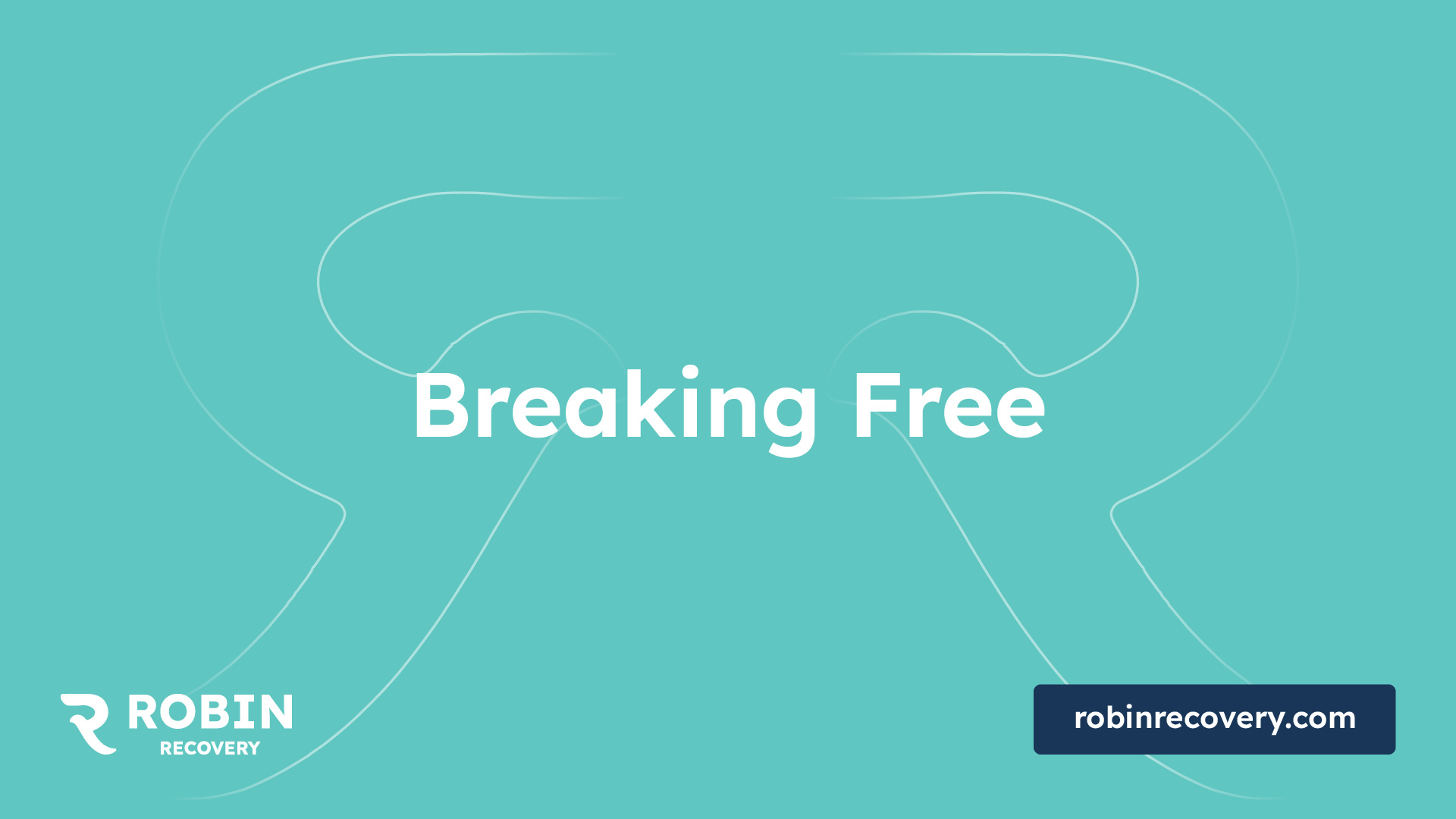Dissecting the Triangle of Self-Obsession


Understanding the Triangle
To grasp the concept of the Triangle of Self-Obsession, it is essential to explore its components and the interconnectedness within.
Components of Self-Obsession
The Triangle of Self-Obsession consists of three primary components: narcissism, vanity, and egoism. These elements contribute to self-centered behaviors and attitudes, which can hinder personal growth and damage relationships [1].
Interconnectedness of the Triangle
The components of the Triangle of Self-Obsession are interconnected, intensifying self-obsessive tendencies and creating a self-reinforcing cycle. The self-centered thoughts, behaviors, and attitudes associated with each component reinforce one another, making it difficult to break free from self-obsessive patterns [1].
For example, individuals with narcissistic tendencies may engage in self-centered behaviors driven by their need for admiration and validation. This behavior feeds into their vanity, as they constantly seek external validation to maintain their inflated sense of self-importance. At the same time, egoistic tendencies can further reinforce their self-centered behaviors, as they prioritize their own self-interest without considering the impact on others.
Understanding the interconnectedness of the Triangle of Self-Obsession is crucial for individuals seeking personal growth and healthier relationships. Breaking free from self-obsessive patterns requires self-reflection, self-awareness, and a commitment to fostering empathy and consideration for others. By recognizing and addressing these components, individuals can embark on a journey towards personal development and more fulfilling connections with those around them.
Impact of Negative Emotions

Negative emotions, such as resentment, anger, and fear, can have a profound impact on an individual's well-being and personal growth. When these emotions become components of self-obsession, they can significantly hinder one's ability to develop healthy relationships and lead a fulfilling life. Understanding the effects of these negative emotions is essential for breaking free from the cycle of self-obsession.
Resentment, Anger, and Fear
Resentment, anger, and fear are interconnected components of the triangle of self-obsession, as described by Mainspring Recovery. Resentment, in particular, has the potential to deeply affect various aspects of a person's life, including their sobriety and overall well-being. Unresolved resentments can lead to a distorted perception of oneself and others, making it difficult to form and maintain meaningful relationships.
Anger often accompanies resentment, and the two emotions can become intertwined. Unaddressed anger can transform into resentment, further fueling self-obsession. Breaking free from the cycle of self-obsession requires acknowledging and addressing both anger and resentment. By doing so, individuals can begin to heal and develop healthier emotional patterns.
Fear, another component of self-obsession, can manifest as anxiety, stress, and constant worry. Fear of the unknown or fear of failure can paralyze individuals, preventing them from taking necessary steps toward personal growth. Overcoming unhealthy fears is essential for breaking free from self-obsession and creating a more fulfilling life.
Effects on Personal Growth
When consumed by negative emotions and self-obsession, personal growth becomes stunted. Resentment, anger, and fear can consume valuable mental and emotional energy, leaving little room for personal development. These emotions can hinder an individual's ability to set and achieve goals, explore new opportunities, and embrace change.
By addressing and overcoming these negative emotions, individuals can open themselves up to personal growth and self-improvement. This process may involve seeking professional help, such as therapy or counseling, to gain a deeper understanding of the root causes of these emotions and develop effective coping strategies.
Ultimately, breaking free from self-obsession and the negative emotions associated with it is crucial for personal growth and overall well-being. It allows individuals to cultivate healthier relationships, embrace new experiences, and lead a more fulfilling life. By taking proactive steps to address resentment, anger, and fear, individuals can embark on a journey of self-discovery and self-improvement.
Breaking Free

To overcome the grip of self-obsession and embark on a journey of personal development, individuals must take deliberate steps to break free from the triangle of self-obsession. This involves addressing the three aspects of self-obsession: resentment from the past, anger in the present, and fear for the future. By replacing these negative emotions with positive qualities like acceptance, love, and faith, individuals can nourish their souls and break the cycle of self-obsession [2].
Overcoming Self-Obsession
Overcoming self-obsession requires individuals to engage in self-reflection, self-awareness, emotional intelligence, and coping strategies. By examining their thoughts, behaviors, and emotions, individuals can gain insights into the root causes of their self-obsession and make conscious efforts to change these patterns. This process of self-discovery may involve seeking support from trusted individuals or professionals who can provide guidance and assistance in navigating these emotions [1].
It is important to recognize that breaking free from self-obsession is a journey that takes time and effort. It requires a commitment to personal growth and a willingness to challenge and transform ingrained beliefs and behaviors. By embracing self-reflection and self-awareness, individuals can begin to cultivate a healthier and more balanced perspective of themselves and the world around them.
Strategies for Personal Development
To foster personal development and break free from self-obsession, individuals can implement various strategies that promote self-growth and well-being. Some effective strategies include:
Breaking free from self-obsession requires dedication, self-reflection, and the willingness to embrace change. By implementing these strategies and committing to personal development, individuals can gradually break free from the triangle of self-obsession and embark on a transformative journey towards a more fulfilling and balanced life.
Social Implications
The triangle of self-obsession, consisting of resentment from the past, anger in the present, and fear for the future, has profound social implications. These self-obsessive tendencies hinder social development and impact relationships, both with oneself and others.
Hindering Social Development
The triangle of self-obsession interferes with the social instincts ingrained within humans. It creates a barrier that inhibits individuals from fully engaging in social interactions and forming meaningful connections. By dwelling on past resentments, harboring present anger, and succumbing to future fears, individuals become preoccupied with their own inner world, making it challenging to genuinely connect with others [2].
Self-obsession can lead to a lack of empathy and understanding towards others. When individuals are consumed by their own negative emotions, they may struggle to see beyond their own perspective. This narrow focus can hinder open communication, collaboration, and the development of healthy social dynamics.
Impacts on Relationships
The triangle of self-obsession can have detrimental effects on relationships. Resentment, anger, and fear, the three sides of this triangle, can operate independently or in conjunction with each other, depending on the individual's situation at any given time [2]. These negative emotions can manifest in interactions with others, leading to strained relationships and emotional distance.
Resentment from the past can cause individuals to hold grudges and harbor bitterness. This can create tension and hinder forgiveness, making it difficult to maintain healthy relationships. Anger in the present can result in outbursts and aggression, damaging the trust and emotional connection with others. Fear for the future can lead to insecurity and a lack of vulnerability, preventing individuals from fully opening up and establishing meaningful bonds.
Breaking free from the triangle of self-obsession requires individuals to overcome these negative emotions and replace them with positive qualities. By cultivating self-awareness and practicing self-reflection, individuals can begin to address these self-obsessive tendencies and nourish their relationships. Developing empathy, compassion, and effective communication skills can help individuals build stronger connections and foster healthier social interactions.
Understanding the social implications of self-obsession is crucial for personal growth and fostering meaningful relationships. By recognizing and addressing the negative impact of the triangle of self-obsession, individuals can break free from its grip and embark on a path towards self-improvement and healthier social interactions.
Healthy Emotional Practices
To break free from the grip of self-obsession and foster personal growth, it is essential to address the negative emotions that contribute to the triangle of self-obsession. Resentment, anger, and fear are the three key emotions that need to be acknowledged and managed. By adopting healthy emotional practices, individuals can begin their journey towards self-awareness and personal development.
Addressing Resentment
Resentment, a component of the triangle of self-obsession, can keep individuals trapped in negative emotions by replaying past wrongs and seeking justice. Overcoming resentment involves several steps, as highlighted by Avenues Recovery. These steps include:
By taking these steps, individuals can begin to break free from the clutches of resentment and create space for personal growth and positive change.
Managing Anger and Fear
Anger and fear are closely intertwined with resentment, forming the remaining corners of the triangle of self-obsession. Anger often intensifies emotional responses and can further fuel resentment, while fear arises in response to the unknown or perceived threats, heightening emotional distress TownsendLA.
To effectively manage anger and fear, individuals can adopt healthy coping strategies:
By addressing and managing anger and fear, individuals can break free from the negative cycle of emotions that contribute to self-obsession, fostering personal growth and emotional well-being.
In the journey towards self-awareness and personal development, it is important to recognize and actively work on addressing resentment, anger, and fear. By adopting healthy emotional practices, individuals can gradually dismantle the triangle of self-obsession and cultivate a mindset that promotes positivity, growth, and healthier relationships.
References
[2]:
